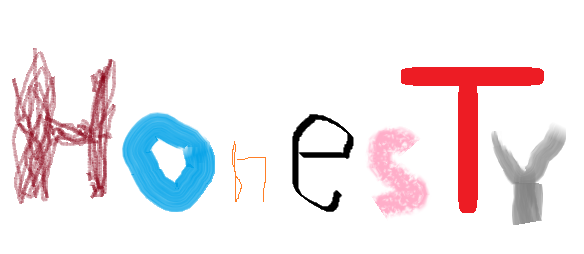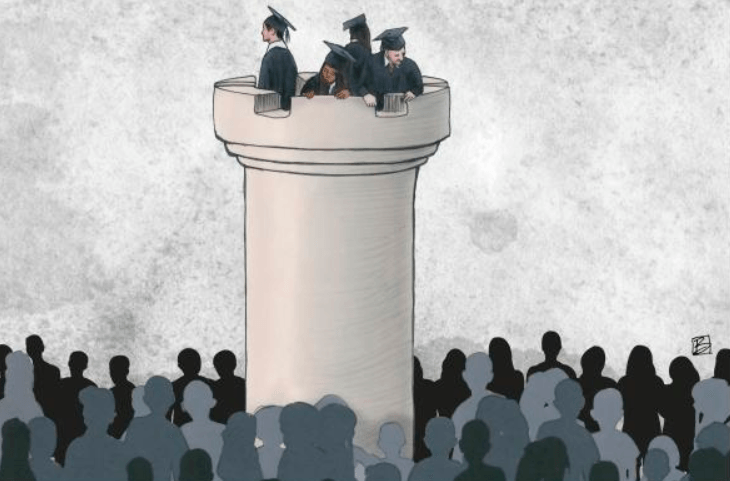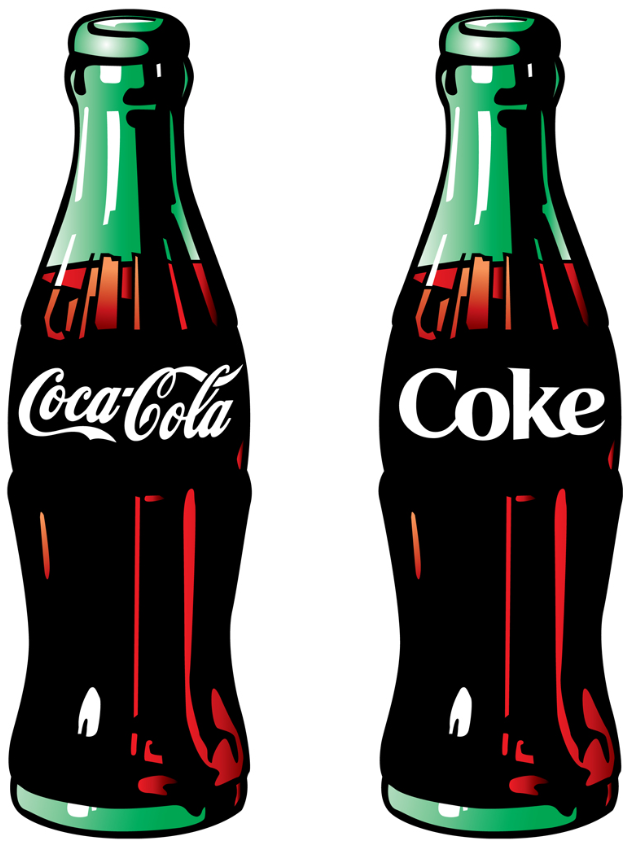MORE THAN MEETS THE EYE
There is always more to it than meets the eye. That is a truism that has always impressed me. It is especially true when it comes to the exciting world of work and business.
Even as a teenager, I was amazed at any business or any job with respect to what I observed on the surface compared to what happened behind the scenes. I began to realize that things are usually immensely more complex than what they seem. As an individual, I realized that I didn’t know what I didn’t know. As I grew older, my amazement has never subsided. Maybe you have that problem too.
These experiences have prompted me to adopt certain practices that I endeavor to abide by no matter what. They are some of my “best practices.”
- Never assume that I know it all. Some things exist of which I have significant knowledge. Yet I never assume that I know it all. Technology, contexts, environments, data, people, trends, customers, companies, and many other variables do change. If I assume that I know it all, then I am making an assumption on the fallacious premise that I have instant and total knowledge about all those variables, which of course I do not.
- Ask many questions. When I am speaking, I am not learning anything new. When someone else is speaking, I can learn. To facilitate other people speaking, I must ask questions. Psychologically, people enjoy being consulted for their knowledge, and pragmatically, I can thereby acquire that knowledge as I listen.
- Always ask the “final” question. I hope that I have done a good job asking questions. However, that never guarantees that I have asked all the right questions. Therefore, I find the “final” question should always be “What questions should I have asked that I haven’t asked?” Who better to answer that than the person to whom you are speaking? Now you set yourself up to expand your knowledge to a more complete state. Sometimes you might even capture key information that could potentially change your entire approach.
These are three best practices that have never failed me. My guess is that they will never fail you either. We just have to remember to use them.











